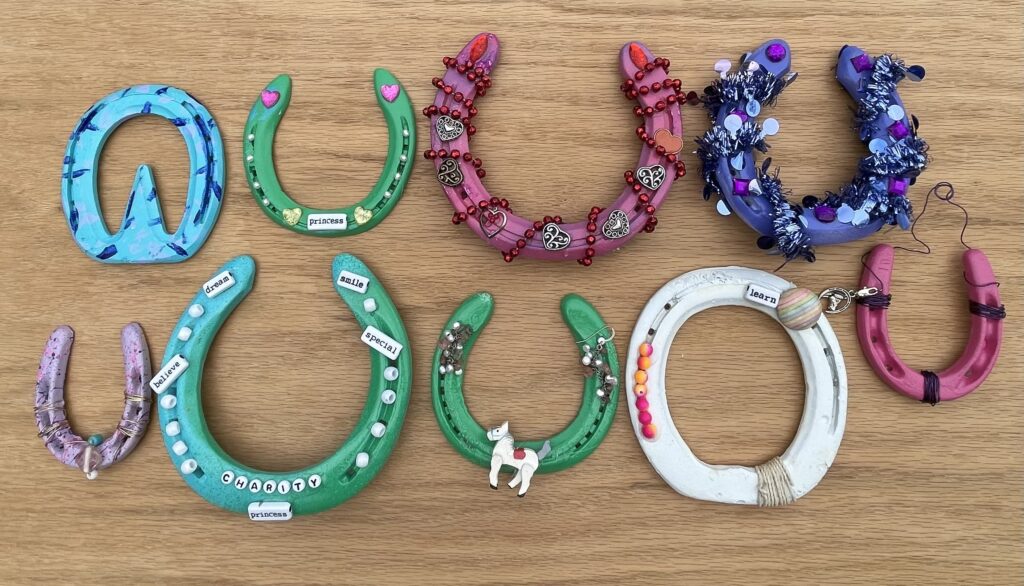
Losing a loved one is a somber and emotional time. Attending a funeral is a way to say goodbye to the deceased and support a grieving family. If you haven’t attended a funeral before or haven’t been to one in a while, you might feel uncertain about how to act. We’ll discuss funeral etiquette basics to help you learn how to act at end-of-life events.
Dress Appropriately
Your funeral attire should be respectful. While black is the traditional color for mourning in many cultures, it isn’t a requirement. You can wear other dark colors, such as navy, charcoal, and burgundy. Avoid bright colors or flashy patterns, and wear dress shoes or something simple. Consider wearing a tie or other formal accessories to create a respectful outfit.
Pay Your Respects
Many people want to pay respects to the deceased and their family at funerals. Sign the guest book with your full name and relationship to the deceased upon arrival. If you’re attending a viewing or visitation, approach the casket or urn to reflect. You may offer words of comfort and condolence to the family and express your sorrow for their loss. Consider sharing a positive memory if you have one, but keep your words of comfort short and only give them when appropriate.
Remain Respectful During the Service
When attending the funeral service, you must behave respectfully. Even if you have a casual relationship with the mourning family, remember that this is a time of grief. Keep your voice low, and turn off or silence your cell phone if you have it with you. When it’s time for the eulogy, listen attentively and avoid having side conversations or causing disruptions.
Follow Religious and Cultural Practices
Funeral customs can vary depending on religion and culture, so familiarize yourself with the practices or traditions of the family you are supporting. Suppose you’re unsure about funeral customs in your partner’s culture; research beforehand or ask your partner for guidance. It’s better to ask questions than unintentionally offend the mourners.
Offer Support to the Grieving Family
After the funeral, continue supporting the family during their grief. Reach out to them through a phone call, letter, or in-person visit to see how they’re coping. You can provide practical assistance, such as bringing them a homecooked meal, helping with chores, or even babysitting if they have children. Grief has no timeline, so be prepared to offer your compassion and support for an extended period.
Navigating funeral etiquette can seem intimidating, but focus on showing respect, empathy, and support to the grieving family. By following this guide on funeral etiquette, your presence at an end-of-life event can be meaningful and comforting.






